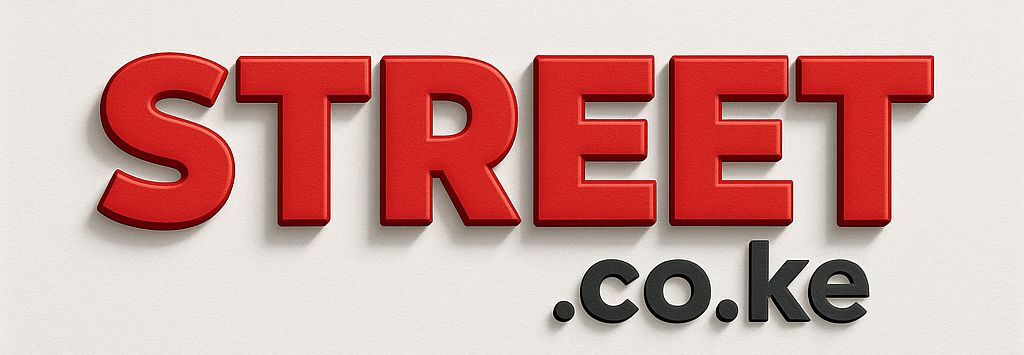In a world obsessed with diets, supplements, and quick-fix health solutions, one ancient practice stands out as a powerful, scientifically backed remedy—fasting. From religious traditions to modern biohacking, fasting has been praised for its incredible health benefits. But is it really the “best medicine on Earth”? Let’s explore why more doctors, researchers, and health enthusiasts swear by fasting for longevity, disease prevention, and mental clarity.
What is Fasting?
Fasting is the voluntary abstinence from food (and sometimes drink) for a set period. It ranges from short-term (12–24 hours) to extended fasts (48 hours or more). Common methods include:
- Intermittent Fasting (IF) – Eating within a specific window (e.g., 16:8 or 18:6).
- Water Fasting – Consuming only water for 24–72 hours.
- Prolonged Fasting – Going without food for several days (under medical supervision).
Why Fasting is the Ultimate Medicine
1. Boosts Cellular Repair & Longevity
Fasting triggers autophagy—a process where cells clean out damaged components and regenerate new ones. Nobel Prize-winning research shows autophagy helps prevent cancer, Alzheimer’s, and aging-related diseases.
2. Fights Inflammation & Chronic Diseases
Chronic inflammation is linked to diabetes, heart disease, and autoimmune disorders. Studies show fasting reduces inflammatory markers, improving conditions like arthritis and asthma.
3. Resets Metabolism & Promotes Weight Loss
Unlike crash diets, fasting helps burn fat while preserving muscle. It improves insulin sensitivity, lowering diabetes risk and stabilizing blood sugar.
4. Enhances Brain Function
Fasting increases brain-derived neurotrophic factor (BDNF), a protein that supports memory, learning, and mental resilience. Many report sharper focus and reduced brain fog.
5. Strengthens the Immune System
Short-term fasting “reboots” the immune system by clearing out old cells and generating new ones, making the body more resistant to infections.
6. Supports Heart Health
Fasting improves blood pressure, cholesterol levels, and triglycerides—key factors in preventing heart disease.
How to Start Fasting Safely
- Beginners: Try 12–14 hour overnight fasts (e.g., stop eating at 8 PM, eat again at 10 AM).
- Intermediate: Move to 16:8 or 18:6 intermittent fasting.
- Advanced: Experiment with 24–48 hour fasts (drink water, electrolytes, and consult a doctor if needed).
Avoid fasting if: You’re pregnant, underweight, or have a history of eating disorders.
Final Verdict: Nature’s Best Healing Tool?
From detoxifying cells to extending lifespan, fasting is a free, natural, and powerful “medicine” available to everyone. While it’s not a cure-all, mounting evidence suggests it’s one of the best ways to optimize health.
Have you tried fasting? Share your experience in the comments!

